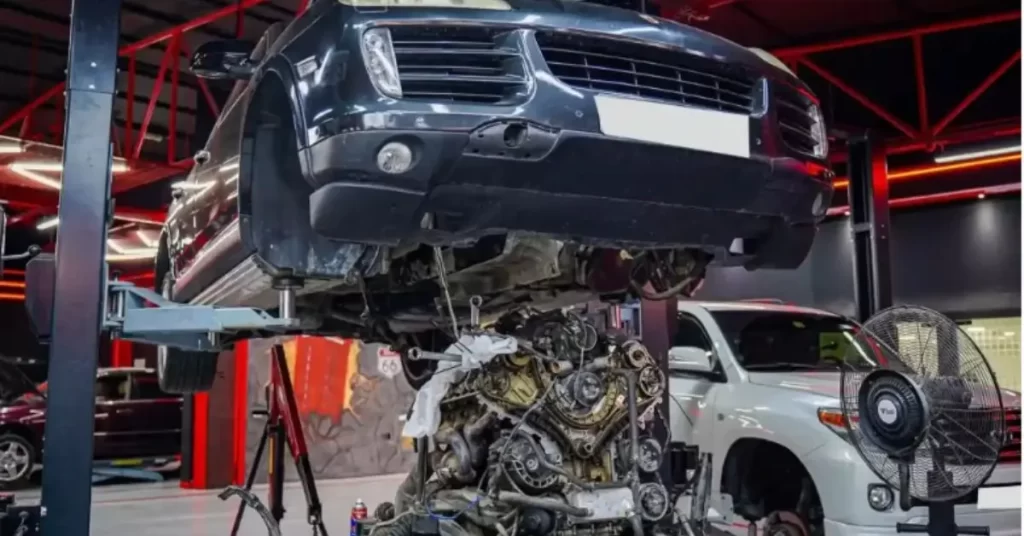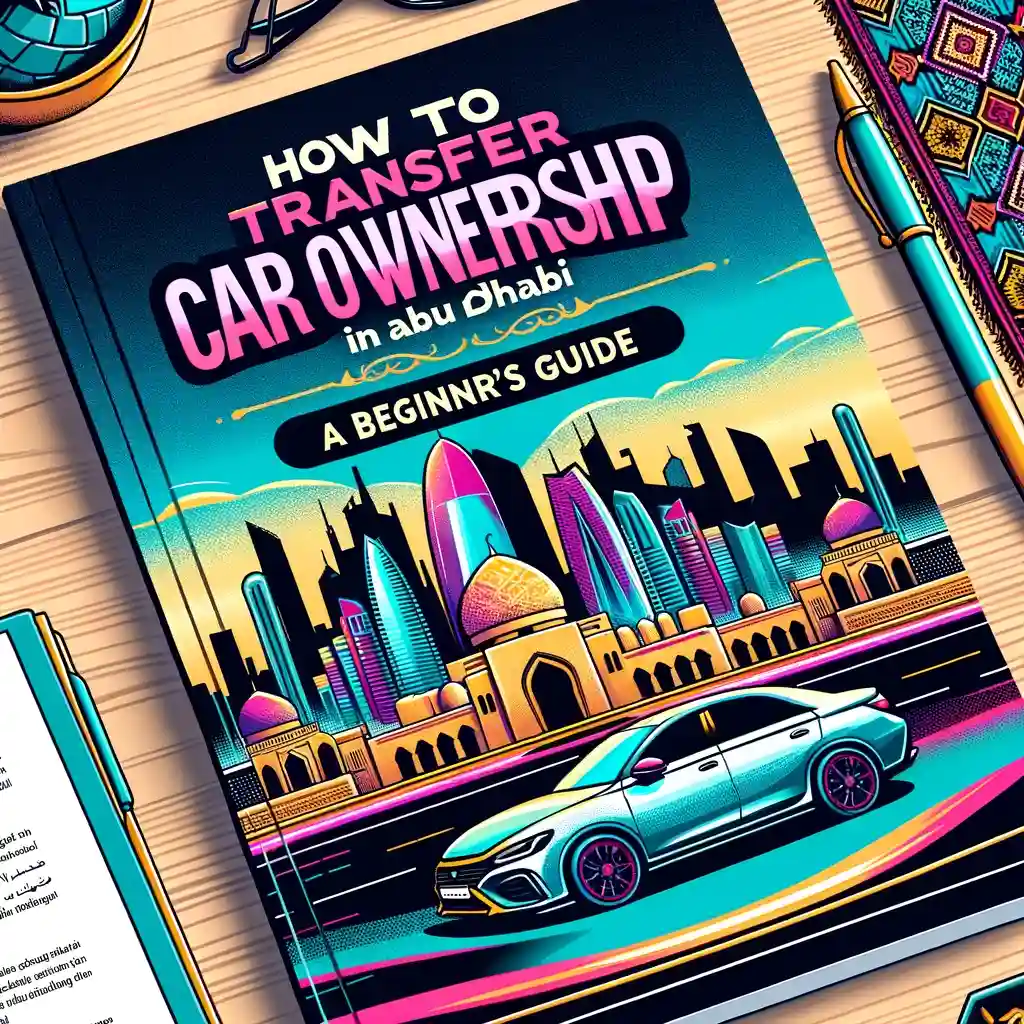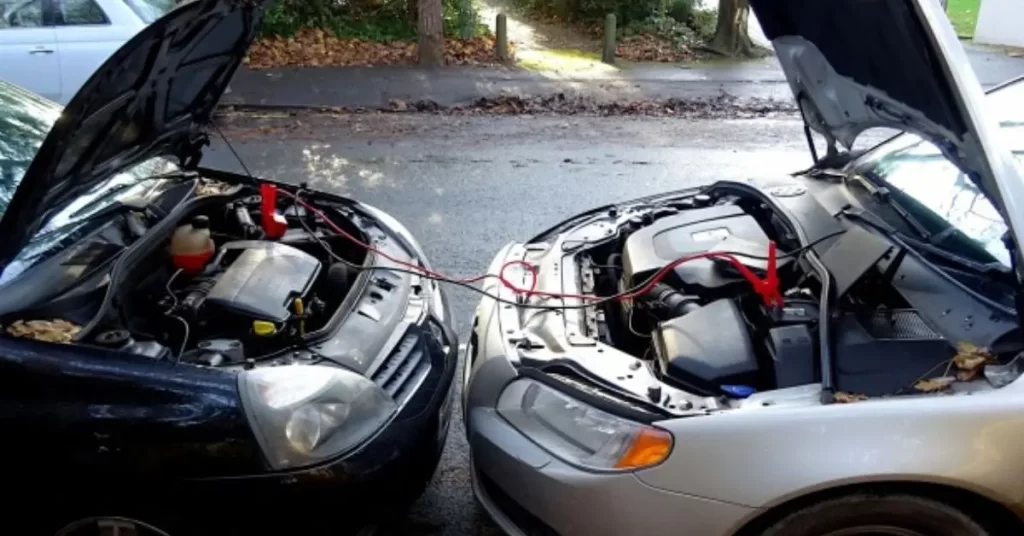Getting your car checked regularly may seem like a chore, but it is vital to keep it in good shape and prevent future issues. The general maintenance of a car includes changing oil, rotating tires, checking fluid levels, and more. Mechanical maintenance may also be required for some vehicles, including the replacement of spark plugs, drive belts, timing belts, or chains.
The biggest challenge is recognizing when and what needs to be done for optimal vehicle maintenance. Knowing the basics about your car’s needs and when to perform regular car maintenance will help you keep it running smoothly. Your vehicle will last longer if you maintain it regularly. Even if you decide to sell, it can help you get a higher resale price.
Read our blog: Understanding Car Diagnostics: How Your Mechanic Can Help With Electrical Problems?
General Car Maintenance To Follow
Get Familiar With Your Owner’s Manual
Check your owner’s manual for the recommended service intervals. In addition to this, there is a wealth of other helpful information. You can learn how to diagnose problems and use your car’s infotainment system by reading your owner’s manual. Getting started with this will make it easier for you to understand the features and requirements of your specific vehicle. You can better understand your vehicle’s needs by reading its owner’s manual since every vehicle is unique.
Check Tire Pressure And Rotate Tires
When you maintain the tire pressure on your car, you will get better gas mileage and minimize tire wear. You can check your tire pressure by finding the recommended pressure in pounds per square inch (PSI), checking each tire, and inflating or deflating it as needed.
It can be dangerous for you and your car to have a flat tire. You can prevent blowouts by rotating your tires every 5,000 to 10,000 miles and monitoring tire recalls.
Keep Your Battery In Check
Battery failure is a common cause of vehicle breakdowns, so change your car’s battery every three years if possible. When you start the engine, it turns over more slowly than usual, which is a sign of a failed battery. You may also notice that the red battery light in the instrument display flickers while driving or takes longer than usual to disappear after starting the car.
Look at the Oil and Filter
In the past, we typically recommend that you change your Oil every three months or every 3,000 miles. However, most cars today can go 5,000 to 7,500 miles, or even up to 10,000 miles before their Oil needs to be changed. In spite of how many miles you drive, you should change your Oil at least every 12 months if you don’t drive more than a few thousand a year.
Several newer vehicles come with oil-monitoring systems that let you know when it’s time to change your Oil. According to driving habits and conditions, these systems usually determine when to change the Oil.

Understand The Chemistry of Of Belts
Serpentine and timing belts are the most common, and you’ll need to replace them sooner or later. Each manufacturer has its recommendations, so there is no universal number you should stick to. Replacement of these isn’t easy outside of a garage, so a mechanic should handle it.
There are, however, some basic telltale signs you can look for. Belts that are on the verge of failure show signs of cracking, fraying, and loosening tension. It’s easy to figure out when it’s time to replace it if you know what to look for.
Replace Wiper Blades as Needed
If the blades and windows streak when operating, it’s time for a replacement. It is actually very important to perform this maintenance on your vehicle. During a rainstorm, the windshield wipers provide visibility. Check the wiper blades often because you don’t know when you’ll need them.
Check Brake Fluid
A hydraulic system engages your brakes. Contamination by water lowers the boiling point of the fluid, causing it to turn into gas, which is compressible. The result is a “squishy” brake pedal. Follow your vehicle’s manual for instructions on bleeding and replacing brake fluid to ensure that your brakes work as advertised. We recommend it to do this every 20,000 to 45,000 miles by most manufacturers.
Check Mirrors
We should equip each vehicle with a rearview mirror that provides a view of at least 200 feet behind it. We should also mount a rearview mirror on the outside of each vehicle’s front doorframe. Maintain your mirrors by keeping them clean and pointing in the right direction. Those mirrors help drivers keep track of traffic around them.
Engine Air Filter
Dirty air filters can affect a vehicle’s acceleration. You should change your engine’s air filter every 15,000 to 30,000 miles. Ensure your filter isn’t clogged by checking it once a year. The driver’s habits will also impact when the filter needs to be changed before these mileage milestones.
FAQs
When should you take your car in for maintenance?
Most manufacturers recommend basic maintenance every 30,000 miles. We therefore recommend it to inspect and replace certain items every 30,000, 60,000, and 90,000. Depending on the manufacturer’s recommendations and whether your vehicle uses synthetic or conventional Oil, you should change the engine oil more frequently, usually every 7,500 to 10,000 miles.
What are the symptoms of a failing engine?
It is common for a faulty engine to make noises such as backfiring, hissing, popping, and knocking. Sounds like these may indicate combustion flow problems. Pockets of combustion can cause an engine knock, which occurs when there is a pocket of burning air-fuel mixture that does not originate from a spark plug.
What is the difference between car maintenance and car repair?
Repairs and maintenance are different, realistic, and appropriate. If car owners maintain their cars regularly, they can expect a long car life with very few incidents and repairs. Cars can last well beyond 100k if they are cared for and maintained correctly. There is no doubt that car repairs are necessary when accidents occur, but they can be quite costly.
Conclusion
Keep your car running smoothly with general auto maintenance, but you don’t have to be an expert mechanic. Keeping your car in good running condition and knowing how often to perform maintenance will increase its value when it’s time to resell or trade it. A routine automobile inspection can save you a lot of money in the long run compared to putting it off and having to perform expensive repairs later.
Whenever you need general auto maintenance or car repair in Abu Dhabi, trust Al Zaabi Autocare. No matter what time of year it is, we have all the services you need to keep your vehicle running smoothly. For more information or an appointment, don’t hesitate to get in touch with us online today.










